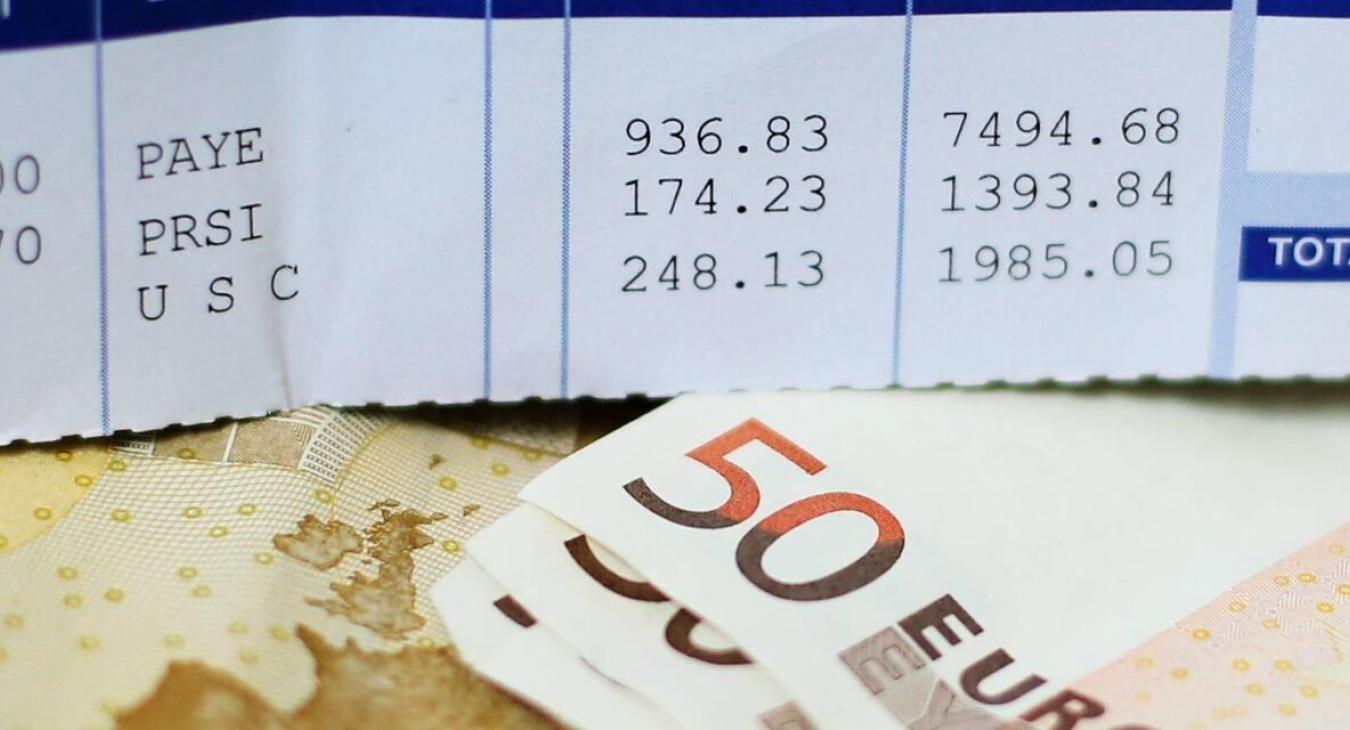
As budget day nears, our social policy officer Dr Laura Bambrick explains the background on income tax.
Income tax was first introduced in 1799 by Pitt the Younger as “a temporary measure” to help pay for Britain’s war against France.
Yearly incomes below £60 were exempt from the tax - equivalent to just under €10,000 today - which put the average skilled tradesman outside of the tax net. Incomes between £60 and up to £200 were taxed at a lower rate of tax. There were 29 tax bands and rates, compared to the two we have today – 20% and 40%. Everyone with an income over £200 a year - equivalent to €32,500 today - was taxed at the higher rate of tax, which was 10%.
Unlike today, tax-free allowances were available for “a child or children born in wedlock” in recognition of the cost raising a child has on a family’s ability to pay the tax. The amount of the tax relief depended on the size of the income and the number and age of the children.
Income tax raised £6 million in its first year, £4 million less than the €10 million tax forecast. But the money was essential to the public finances and a precedent was set.
War with France ended in 1815 when Napoleon was defeated at the Battle of Waterloo. A year later, the “hated” income tax legislation was repealed “with a thundering peal of applause” from MPs.
In 1842 a tax on income was once again imposed by Sir Robert Peel to help compensate for the lost revenues from a series of bad harvests and lifting tariffs on imported grain (i.e. the repeal of the Corn Laws), a cornerstone of the Tory government policy to promote free trade.
Yearly incomes under £150 were exempt, while all income above the exemption was taxed at a flat 3% rate.
It was a further 11 years, in the budget of 1853, before the tax was introduced into Ireland by the then Chancellor William Gladstone. Income tax had not been extended to Ireland earlier because the Revenue Commissioners didn’t have the administrative capacity to assess or collect the tax.
Peel and succeeding Prime Ministers continued to consider income tax to be a temporary measure. Indeed, it was only in 1972, just over 50 years ago, that income tax was made a permanent feature of the Irish income tax code. Up until then, the Minister for Finance needed to renew the tax for next year in the provisions of the Finance Act at budget time.
Income tax is now our largest source of revenue. The Department of Finance estimates the tax take from income tax will be just under €33 billion this year and €35.2 billion in 2024.
The history of the “temporary” tax on income serves as a salutary tale for all those expecting an end to the “temporary” universal social charge (USC) any time soon.
